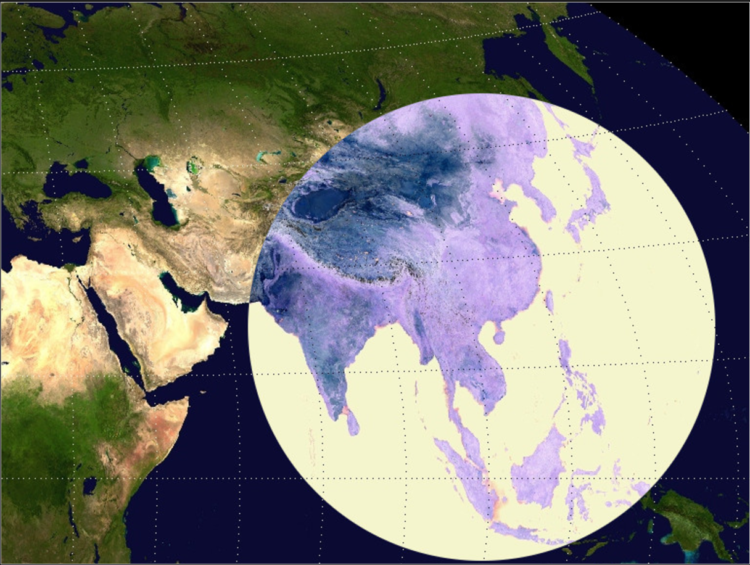Don’t Go to Hong Kong: visit Singapore Instead
For several centuries, Hong Kong was called the ‘Gateway to the the East‘. Western businessmen make the British Crown Colony their Far Eastern base of operations. Western tourists planning to make their first trip to Asia more often than not made it their first stop. I know many retirement age Americans who still want or suggest Hong Kong as a destination. That was fine advice until the turn of the millenium. In 1997, the British handed Hong Kong back to the the mainland Chinese government, and the Chinese Communiist Party (CCP) has since wasted no time transforming the Hong Kong into another province or city of the People’s Republic. Shanghai, rather than Hong Kong, has become the largest business city regarding China. International businesses are moving either there or to another ity that I’m about to mention. The CCP has enacted censorship and cracked down on political dissent. Hong Kong is a democracy no more. It’s still a wonderful, fascinating place, but it’s not the old Hong Kong of the 20th Century. Instead, as The Economist news magazine verifies, Singapore has replaced Hong Kong as the major business city, with the exception of Tokyo, in the Far East: “Singapore is no paradise. The pleasantness of its urban fabric is thanks mainly to the toil of the foreign migrant workers who make up nearly a third of the workforce. Their contribution is a curious blind spot. Meanwhile, politics is tightly constrained, as is civil society: you may be arrested for holding up a placard with a smiley face. The media is cloyingly tame, while foreign journalists, it is made clear, are here on sufferance. With nearly 500 executions in the past three decades, 70% of them for drug offences, Singapore’s use of capital punishment is grotesque. “Still, a far brighter future beckons for Singapore’s young than for their counterparts in Hong Kong. They are slowly pushing at Singapore’s rigid boundaries. This month, in a first, a few hundred activists gathered on Labour Day to call for greater rights for, among others, foreign workers. The launch of Jom reflects a growing desire for independent voices. In Hong Kong, by contrast, a transport-news website promoting road safety, of all things, this week became the latest target of the authorities and was forced to close. Singapore is at a crossroads. Hong Kong has hit a dead end.” I know both cities. Hong Kong is fun to […]
